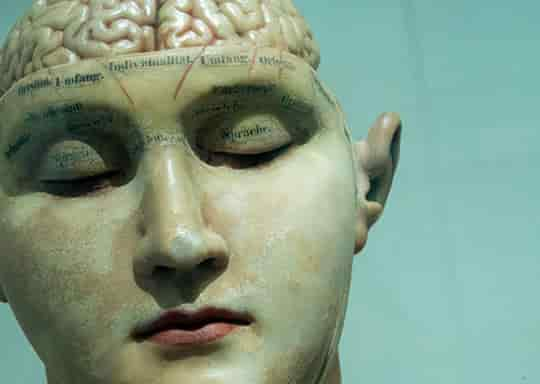A study of hundreds of nuns and monks reveals which trait cuts Alzheimer’s risk in half.
Being conscientious cuts the risk of developing Alzheimer’s disease in half, research finds.
People who are conscientious tend to be more organised, responsible and in control of their impulses.
The study’s authors explain:
“Conscientiousness (eg, “I am a productive person who always gets the job done”) refers to a tendency to be self-disciplined, scrupulous, and purposeful.”
They are also more likely to follow through on their duties and obligations.
The study of hundreds of nuns and monks found that those who were more productive and reliable were less likely to be affected by Alzheimer’s.
People high on conscientiousness were also more likely to experience a slower cognitive decline with age and lower risk of mild cognitive impairment (a risk factor for Alzheimer’s).
The results come from a study of 997 elderly nuns, priests and monks, none of whom had dementia at the start of the study.
Many were followed up for more than a decade.
The brains of those that died were examined for markers of Alzheimer’s.
The study revealed that those with the highest levels of conscientiousness were at an 89% lower risk of developing Alzheimer’s compared to those with the lowest levels.
Surprisingly, the results could not be explained by conscientious people living more healthily.
Instead, the authors write that it could be partly down to education:
“…conscientiousness is a consistent predictor of academic and occupational performance.
Both level of educational and occupational attainment and the nature of occupational experiences have been associated with risk of AD.
Highly conscientious people may have a more intensive exposure to these educational and occupational experiences than less conscientious individuals and thereby derive additional benefit.”
Being conscientious may also buffer against life stress, they write:
“Conscientiousness is associated with a higher level of resilience and greater reliance on task-oriented coping.
These factors might lessen the adverse consequences of negative life events and chronic psychological distress, which have been associated with risk of dementia in old age.”
The study was published in the journal JAMA Psychiatry (Wilson et al., 2007).

